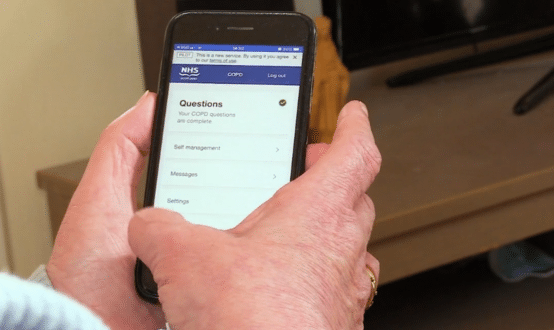NICE recommends three digital therapies for psychosis

NICE (National Institute for Health and Care Excellence) has endorsed the use of three digital therapies for the treatment of psychosis in the NHS, while further evidence is being gathered about their benefits.
The early value assessment recommendation covers AVATAR Therapy, used to manage verbal hallucinations; SlowMo, for helping manage distressing thoughts and paranoia; and CareLoop for relapse prevention.
It means that these three digital health technologies can be used by NHS care teams, as long as they agree to gather evidence of their efficacy for three years, providing annual updates to NICE.
In addition, a separate early value assessment from NICE into virtual reality digital health technologies for treating agoraphobia, recommended that gameChangeVR be used to treat severe agoraphobic avoidance in people with psychosis.
AVATAR Therapy is software that generates an animated avatar of the distressing voice people with psychosis may hear. Patients engage with the avatar over 6-12 dialogue sessions, with a mental health professional voicing the avatar allowing for a three-way conversation.
SlowMo, developed by a team of researchers from the Psychosis Research Partnership at King’s College London and Helen Hamlyn Centre for Design at Royal College of Art, uses a web app, synchronised with a smart device. It encourages patients to be aware of the symptoms of psychosis and uses exercises to slow down thoughts that can fuel paranoia.
The CareLoop app aims to prevent relapses. It allows patients to record their symptoms, thoughts and feelings through journalling and questionnaires, while an algorithm is used to help spot any signs of a potential relapse so care teams can be alerted.
The NICE report highlights access, clinical benefit and resources as key potential benefits these digital health technologies can bring.
It states: “Mental health services are in high demand and access varies widely across the NHS. Because of this high demand, many people are not getting the treatment and support they need. … Digital health technologies offer another option for people with psychosis who may otherwise not have psychological interventions. Mental health professionals would not need specialised training in CBTp (cognitive behavioural therapy for psychosis) to deliver digital health technologies for managing symptoms of psychosis. This may then widen the range of appropriate mental health professionals who are able to deliver it, in comparison with standard care. Digital health technologies may also reduce the number of sessions needed when used with standard care CBTp.”
Earlier this year NICE also endorsed Brainomix for its stroke software.




